Receive Focus insights straight to your inbox
With the country watching Moody’s rating action, tax hikes and a high level of government spending, and an acceleration in public sector debt, Finance Minister Tito Mboweni is expected to deliver tough news in his upcoming budget speech.
Our experts give us their predictions for the 2020 Budget, set for 26 February.
Commentary from:
- Annabel Bishop Investec Chief Economist
- Tertia Jacobs Investec Treasury Economist
- Rene van Zyl Tax & Fiduciary, Investec Wealth & Investment and Investec Private Bank
- Elizabeth Fick Tax & Fiduciary, Investec Wealth & Investment and Investec Private Bank
- Chris Holdsworth Chief Investment Strategist, Investec Wealth & Investment
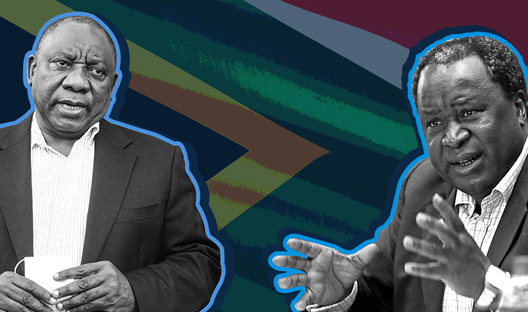
Get all Investec's insights on the latest Budget Speech and SONA
Our economists, tax experts, personal finance and investment experts unpack what the latest fiscal measures mean for income, savings and daily expenses of individuals and businesses.
1. Can we curb rising government expenditure and debt?
South Africa’s fiscal position has gradually deteriorated during the past decade but the concern is now of a rapid increase in public sector debt levels over the past two years.
South Africa’s government debt as a percentage of GDP has increased by 30.2% to more than 60% over the past 10 years, and the acceleration has been more rapid than the average increase of 15% in emerging market debt over the same period. Only in countries such as Zambia, Ukraine, Croatia and Argentina have debt levels accelerated at a faster pace.
"The main reasons for the deterioration are a slowdown in economic growth and revenue receipts, administrative and efficiency challenges at SARS, wasteful spending and a high public sector wage bill," said Investec Treasury Economist Tertia Jacobs.
"Recently, the recapitalisation of Eskom has been an exacerbating factor, in addition to financial support to smaller SOEs."
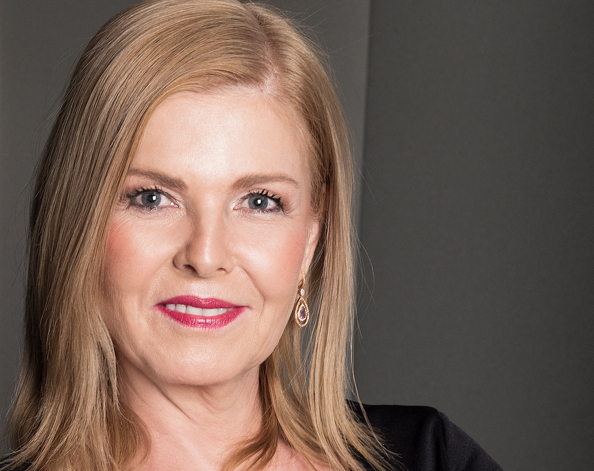
The key measure used by National Treasury in an attempt to consolidate the growing budget deficit over the past five years was to raise taxes whereas the public sector wage bill continued to rise.
The economy’s performance slowed down and therefore so did tax buoyancy (this refers to the responsiveness of revenues relative to GDP growth). The effective tax burden on individuals consequently increased, which reduced discretionary incomes.
The decline in tax buoyancy resulted in tax revenues falling short of the budget target, notwithstanding the increase in direct and indirect taxes, which led to a further widening of the budget deficit.
The increasing debt burden has resulted in an acceleration in the growth of debt service costs, which are currently the fastest growing expenditure categories, rising by an estimated average of 13.7% over the next three years compared to an average of 2.4% from 2000 to 2008.
Without interventions to reduce the budget deficit, a higher share of revenue receipts will be allocated to pay interest on debt. This will lead to more crowding out of government spending on social programmes and infrastructure investment.
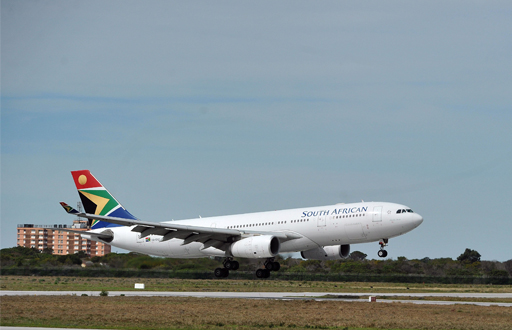
National carrier South African Airways (SAA) is one of several state-owned enterprises that are under financial strain.
2. More funding for SOEs?
2020 is a pivotal year for South Africa’s state-owned enterprises (SOEs). Contingent liabilities to government, which are guarantees on loans extended to SOEs, amounting to 54% of the total debt of R630bn (of which Eskom amounts to R300bn), have turned into a material risk to the government due to negative cash flows and an impediment to growth as infrastructure deteriorates.
READ MORE: Eskom liquidity injection and fiscal implications
Smaller SOEs received a R14bn recapitalisation from National Treasury in 2019 and 2020. This kind of support cannot continue indefinitely.
"SAA is under business rescue and R5.5bn is required until the business plan is adopted; Sanral needs a decision by the government on the Gauteng Freeway Improvement Project; Denel’s turnaround strategy includes a strategic equity partner and the involvement of the private sector in non-core businesses; SABC needs to provide a turnaround strategy; SA Express has been placed under business rescue and Prasa was placed under administration," said Jacobs.
An SOE council is in the process of being established, which will focus on streamlining policy, governance and financial reporting.
Government guarantees on SOE debt are a further negative for SA’s credit ratings assessment, since Moody’s includes Eskom’s government guaranteed debt in its assessment of SA’s fiscal strength.
"Government’s contingent liabilities have grown dramatically over the past decade (the 2010s), with Eskom the largest utiliser. Besides a reduction in planned government expenditure, Moody’s also requires significant progress on repairing financially weak SOEs, to avoid them being a perpetual drain on government finances," said Investec Chief Economist Annabel Bishop..
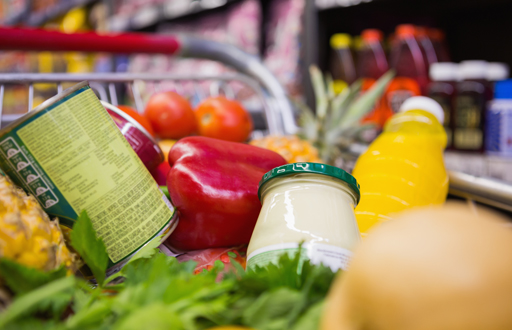
Expected VAT increases are set to hit consumers hard.
3. Tax hikes are a reality
To contain the budget deficit, several types of taxes have been raised over the past five years:
- VAT was raised by one percentage point in 2017 from 14% to 15%
- A dividend withholding tax in 2017
- A new marginal income tax bracket of 45% was introduced in 2017
- Annual increases in the fuel levy and for the Road Accident Fund in 2017 and;
- Capital gains tax in 2016.
This February budget is expected to see the announcement of another round of tax increases. It is quite simple: taxes must be increased to cater for the country’s budget deficit, there is simply no other effective way, even though it may be unpopular.
"The government is between a rock and a hard place. Top rate taxpayers are already close to the edge and may just be pushed over by further increases. While a VAT increase would be politically unpalatable," said Rene van Zyl from the Tax & Fiduciary team.
Taxes on individuals:
Value-added-tax (VAT) will likely be increased by one percentage point to 16%, as it is an effective way to raise revenues. In the previous fiscal year F18/19, VAT was raised by one percentage, from 14% to 15% in April 2018.

VAT is effectively a tax on the masses. It will be a very unpopular increase.
Fuel levies, sin taxes and possibly personal income tax will also likely be increased. The increase is a double edged sword, as an increase in personal income tax could see the wealthy opting to emigrate. The top income tax bracket is already at an eye-watering rate of 45%. However, we expect to see this further increase to 46%.
It is likely that the Capital Gains Tax (CGT) inclusion rate for individuals will increase to 50% or even 60%, meaning an increase in the effective CGT rate. This increase would bring South Africa in line with a number of other countries i.e. Canada, who have an inclusion rate of 50%.
Company taxes:
South Africa already has one of the highest corporate tax rates in the world. Globally, there has been a trend of countries decreasing their corporate tax rates, in order to stimulate investment. In the last budget, this was acknowledged by the Controlled Foreign Company (CFC) or so-called “high-tax” exemption rule, being brought down from 75% to 67.5%.
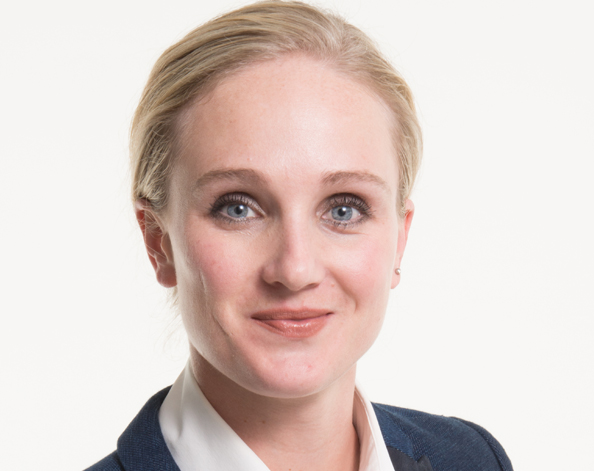
We don’t believe company tax will be increased. It will be unproductive in attracting investment to the country. We also don’t expect dividend tax rates to increase.
"There’s been speculation that companies' CGT inclusion rates may be increased from 80% to 100%, meaning all types of income generated by a company would be taxed as income, at 28%. However, our view is that this is unlikely," said Elizabeth Fick from the Tax and Fiduciary team.
4. Will the budget be austere enough to avert a Moody's downgrade?
The key point for the 2020 Budget is whether sufficient fiscal consolidation, including projections, will be announced in order to avoid a Moody’s credit rating downgrade.
Moody’s currently has a negative outlook on South Africa’s dual-rated local and foreign currency long-term (sovereign) debt. A negative outlook indicates that a downgrade is planned, unless the outlook returns to stable.
If South Africa is downgraded by Moody’s, its rating will fall into the sub-investment grade category, resulting in substantial rand weakness and higher interest rates, as well as higher borrowing costs for government.

A uniform sub-investment grade rating from Moody’s, Fitch and S&P would also contribute to market volatility, a weaker rand and higher interest rates in the longer-term.
In order to avoid a downgrade, the budget needs to lower its debt projections.
"The real risk is not just that February’s Budget does not reel in expenditure and borrowing projections substantially enough to avoid a Moody’s downgrade, but that significant repair to government finances still does not materialise thereafter, resulting in even further credit rating downgrades over the next few years," said Investec Chief Economist, Annabel Bishop.
Such deterioration, from speculative grade (double B categories) to a highly speculative credit ratings (single B categories), would result in an even more volatile environment for financial markets, and more negative investor sentiment towards South Africa.
Falling from the B to C grade credit ratings brings a country closer to debt default - a bankrupt state which cannot pay its civil servants regularly, and often not at all.
READ MORE: Crunch time for the South African political economy
5. For investors, a downgrade is already priced in
Bonds:
Bond yields in South Africa are very high by global standards, presumably partly reflecting concern about the debt to GDP trajectory, according to Chris Holdsworth, Chief Strategist, Investec Wealth & Investment.. He expects the debt-to-GDP ratio to pick up over the coming year but to be reduced markedly further out along the forecast horizon.
An increase in taxes implies that we will be seeing an austere budget. This may not be enough to satisfy Moody’s credit rating agency but by Holdsworth's estimate, a downgrade is more than fairly priced into the domestic bond market.

The key question for the equity market is what form tax increases will take and the extent of cuts to planned expenditure. An increase in the VAT rate, although not our base case, will see the retailers take a knock.
Equities:
Consumer-facing companies are unlikely to fare well in the face of a steep increase in the fuel levy or personal income tax either. There is a risk of a reduction of the medical scheme tax credit, which again will not help retailers.
"A commitment to reducing expenditure plans relative to the previous forecast, although implying tight fiscal policy, is likely to be well received by SA Inc stocks given that it will imply reduced sovereign risk," said Holdsworth.
The rand:
The rand has typically not responded by much to the budget. Should Holdsworth's base case play out, he again expects little response from the currency.




